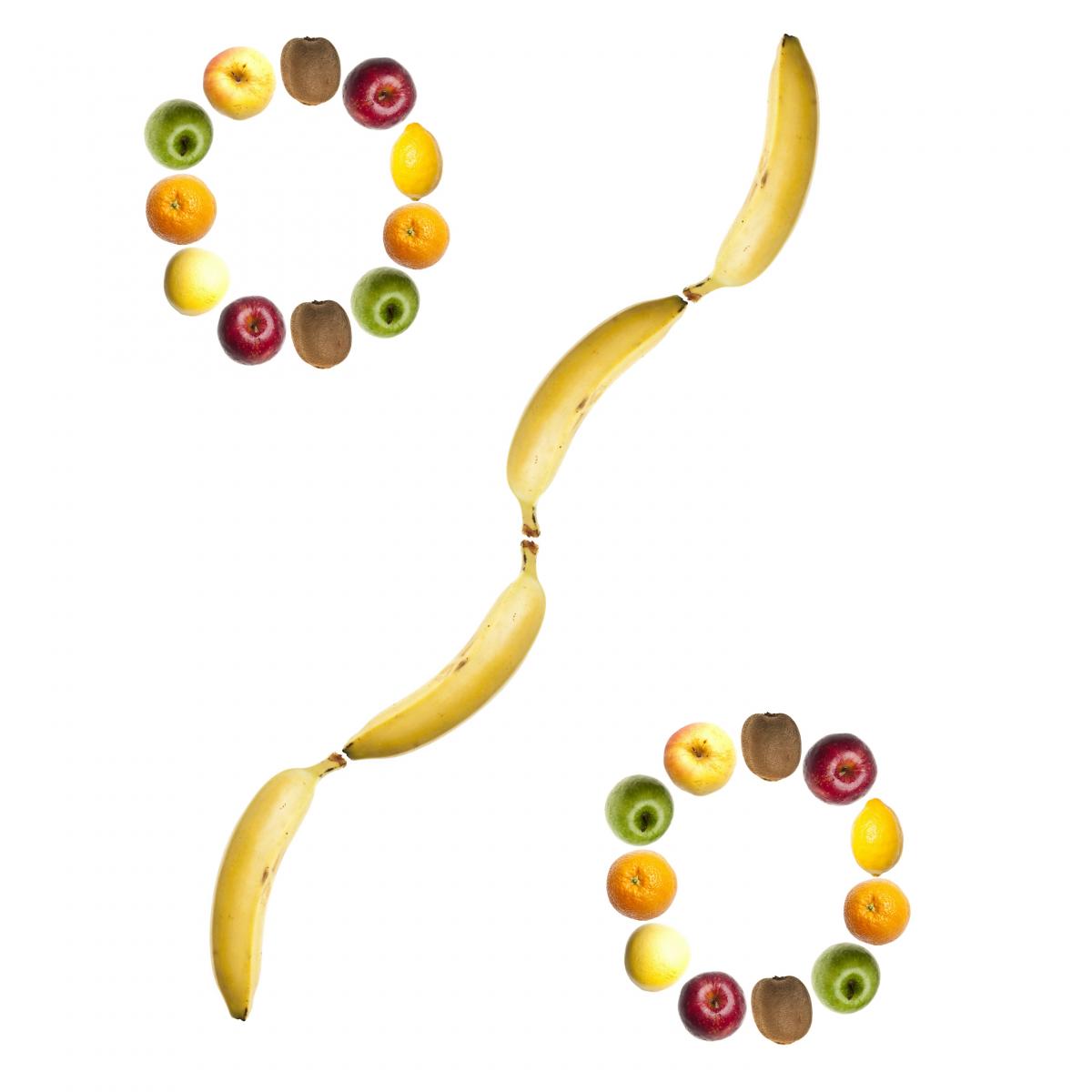You are here
Coeliac Disease
Coeliac disease is a common inherited autoimmune disorder that primarily affects the digestive process of the small intestine.
It is caused by a severe reaction to gluten, the prominent protein found in wheat (including durum, spelt and semolina), rye, and barley, as well as related grain hybrids such as triticale and kamut.
Symptoms vary widely and can include gastrointestinal problems, joint pain, fatigue and depression.
What is Coeliac disease?
When your body cannot digest a substance your immune system reacts to it as if it were a toxin, in this case, gluten. When a person with coeliac disease consumes gluten, the resulting immune system attack causes the lining of the small intestine to become inflamed and swollen. This in turn causes the tiny hair-like projections called villi to suffer damage and destruction, which impairs the body’s ability to absorb vital nutrients.
Malabsorption becomes a serious problem and the loss of vitamins, minerals and calories results in malnutrition despite an adequate diet. Diarrhoea makes the problem worse. Because, coeliac disease interferes with proper digestion, food allergies may also appear.
Why do I have Coeliac disease?
Coeliac disease affects both adults and children and may appear at any age. It often appears in children when they are first introduced to cereal foods. In others, the disease can be triggered by emotional stress or physical trauma, such as surgery or pregnancy.
What are the symptoms of coeliac disease?
The first signs are usually diarrhoea, weight loss and nutritional deficiencies.
Other symptoms include nausea, abdominal bloating and foul-smelling stools that float. Infants and children may exhibit stunted growth and dermatitis.
How to diagnose Coeliac disease
Coeliac disease is often misdiagnosed because symptoms are similar to those of other diseases, such as irritable bowel syndrome, gastric ulcers and anaemia.
It is now easy to detect coeliac disease with a simple blood test, followed up with a biopsy of intestinal tissue. However, because some people with coeliac disease do not show obvious symptoms, it is possible to go a long time without being diagnosed correctly.
How can Foodwise help?
Are you living with Coeliac disease? Foodwise can help.
Even with a proper diagnosis, you might still be confused by conflicting information.
We have all the nutritional facts and dietary advice to help identify hidden sources of gluten and discover healthy alternatives so you can manage Coeliac disease effectively for the long term.
Join nowHow does healthy nutrition help treat Coeliac disease naturally?
If left untreated, coeliac disease can be quite serious, even life-threatening. Osteoporosis, nervous system disorders, infertility, gynaecological problems and certain autoimmune disorders are just some of the issues that can affect those with coeliac disease.
What is the cure for coeliac disease?
Unfortunately there is no known cure for coeliac disease, but it can be controlled by lifelong adherence to a gluten-free diet. People with coeliac disease should avoid all foods that contain barley, oats, rye or wheat.
Fortunately you don’t have to give up all the foods you enjoy that typically contain gluten. There are an increasing number of gluten-free alternatives to common foods like bread, pasta, cereals, and baked goods.
Watch out for 'hidden' gluten foods
Be aware that wheat and gluten can also be found in some surprising places. They can be “hidden” in ice cream, syrup, and vitamins and food supplements. Food labels must be read with care to make sure they don’t contain wheat or gluten.
Going without gluten may actually be in our best interests regardless of whether we need to or not, as it is one of the most highly contaminated crops we consume. The good news is that there are many nutritious alternatives and gluten-free products are now widely available at health food stores and even supermarkets.
The treatment of coeliac disease includes:
- eliminating all sources of gluten
- eliminating dairy products initially
- correcting nutritional deficiencies
- healing the intestinal lining
- identifying and eliminating food allergies
...as well as the appropriate use of nutritional supplements.


 It is recommended that 1st degree relatives (parents, brothers, sisters and children) of people with coeliac disease are screened
It is recommended that 1st degree relatives (parents, brothers, sisters and children) of people with coeliac disease are screened It is estimated that 1 in 100 people have Coeliac disease
It is estimated that 1 in 100 people have Coeliac disease